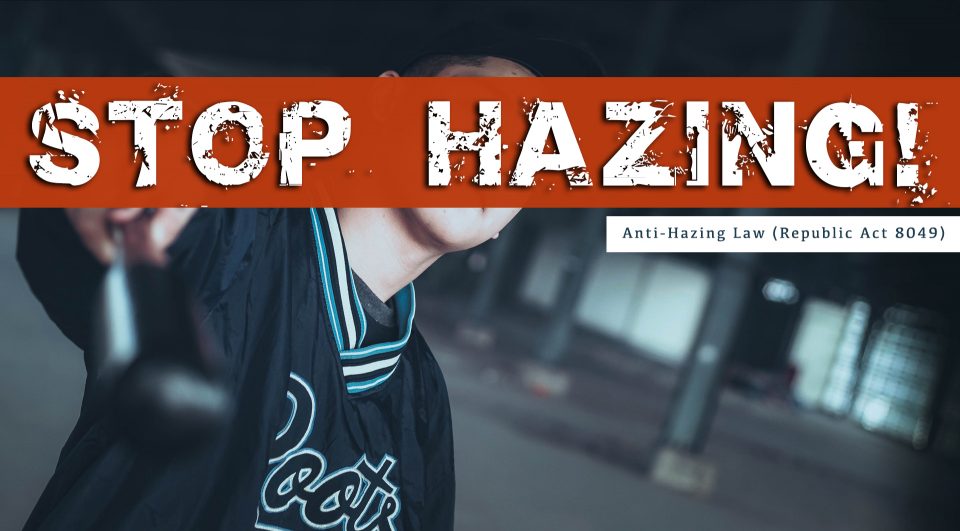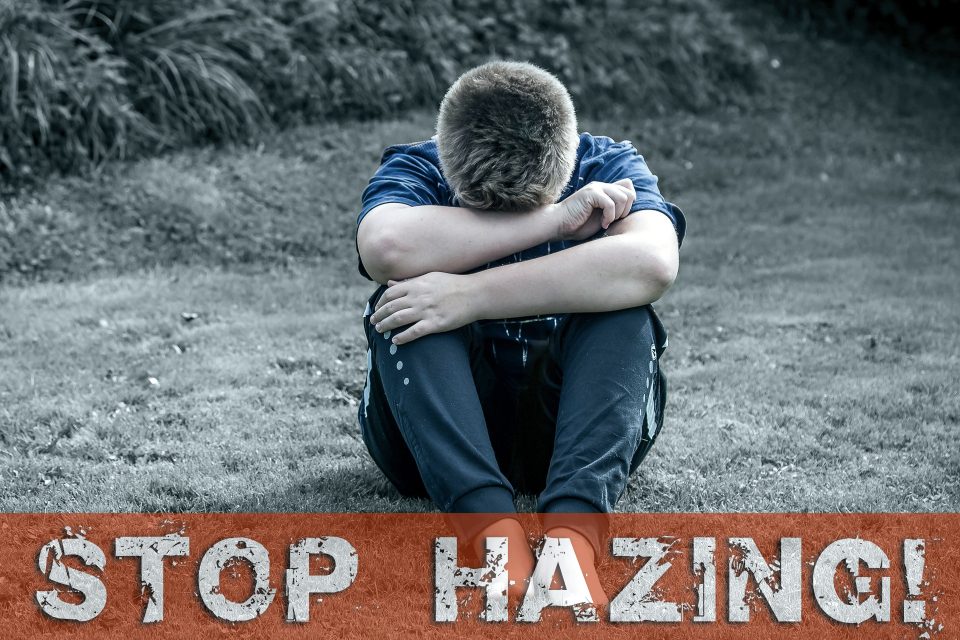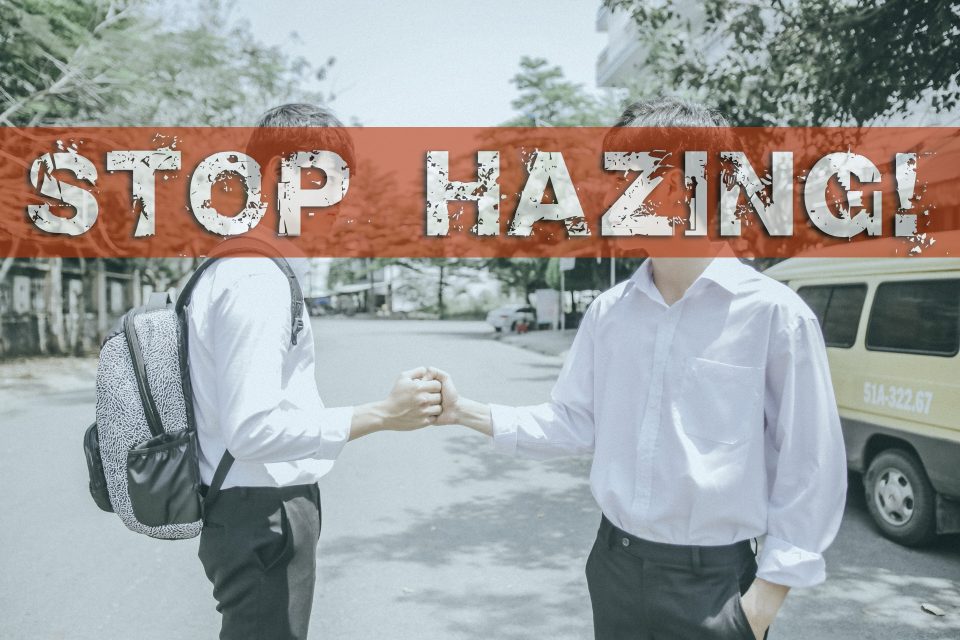(Young Voices Speak is eaglenews.ph’s blank space for the youth to share their opinions, views, and perspective on any topic, issue, or matter)

By Mendy Amarondon
Young Voices contributor
Many fraternities/sororities have grown to have a presence at multiple universities since they were founded. As a result, these fraternities/sororities became national organizations or coordinating bodies. Collectively, these groups are called the ‘Greek system’, because each house is named after two to three letters of the alphabet.
Many students are thrilled with the idea of joining a fraternity/ sorority. They give these people a feeling of acceptance, having someone whom they can be with and having an instant group of friends. But as pleasing as it might sound, there are some serious risks associated with it, namely, hazing.
Hazing climaxes in the week prior to the initiation, known as ‘Hell Week’. The neophytes spend the week being tormented, humiliated and driven to the verge of sanity. During this week, neophytes are in distress and usually sleep-deprived. Rumors of bestiality and branding are not unusual on “hell week”. The most common ritual everyone has heard of is ‘paddling’. Although these days, it’s not just paddles anymore — there are belts, chairs and even boards. They will repeatedly slap, hit, kick and body slam their victim until he loses consciousness.
-Continuing deaths-

In the Philippines, there had been a number of deaths which involved hazing since 1954. These deaths continued even with the implementation of the Anti-Hazing Law (Republic Act 8049). According to Hank Nuwer, a professor of journalism at Franklin College, in his book The Hazing Reader, the reason why fraternities have continually increasing members despite the numerous reports filed on hazing, is because of inertia of continuing the tradition of an organization. Those who join are enticed with the idea of belonging to something greater than oneself, and the idea of never quitting and finishing projects that are required to be a member.
Some fraternities argue that hazing is indeed good for a group and even for one’s self—as long as it is done correctly. They claim that this teaches discipline, strength and it helps check one’s ego. It’s a tradition for men that creates unity and strengthens brotherhood.
These “hazing” based groups require a sacrifice of one’s own critical thinking in order to join with the group norms, and this includes an “us” vs “them” attitude. Sadly, most of these groups avoid any psychological self-reflection, and understandably so, because the superimposition of a contemplation of present socio-cultural changes would make much of their prime purpose.
We live in a time of increasing inclusiveness. Prejudice, exclusiveness, and rigidity of boundaries are becoming negatively valued. Shifting membership in teams, administrative reorganization, mobility of participants, expanding and even international markets and networking, these and other postmodern developments overshadow earlier traditions of primitive competition-oriented teamwork. And so hazing becomes obsolete also.
Costs of hazing

Hazing may create unity among new members, but often there are costs as well. The effect of hazing on a group can be like the effect of a natural disaster on a community. Residents feel closer to each other afterward but many are suffering.
No one can truly tell what prods students to keep joining fraternities and undergoing such great challenges. And it is not easy to break or change a century-old tradition.
Still, when a life is on the line, it should be the number one priority above all other interests. One can never be sure or know for certain the physical or mental background of an individual participating in the hazing rites, and what the effects of hazing to a person might be.
Sources:
http://www.stophazing.org/blog/category/hank-nuwer/

Mendy Amarondon is a 4th Year AB Mass Communications student from New Era University. She has directed musical plays, served in the student council, and had been a lead actress in an original musical play. During her spare time, she reads mystery novels and science fiction.
(edited by Jay Paul Carlos, graphics by Erdy Peletina)








